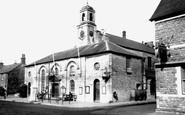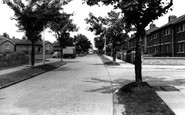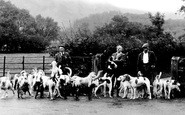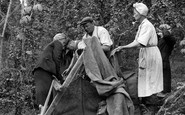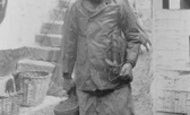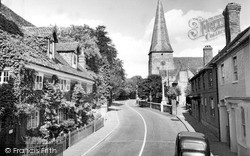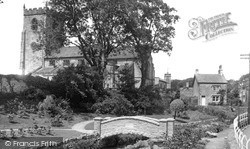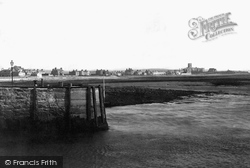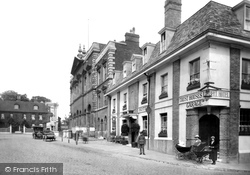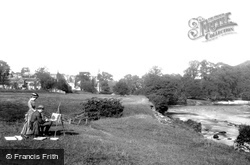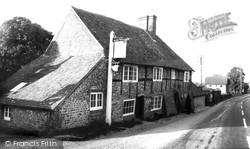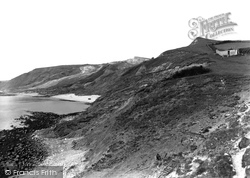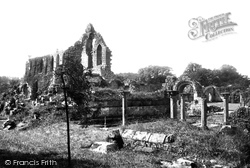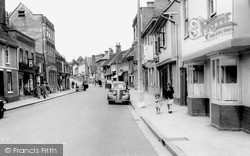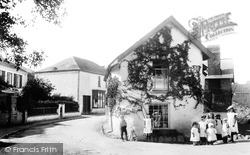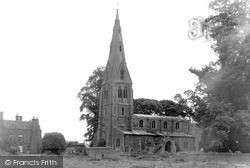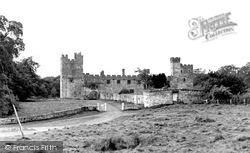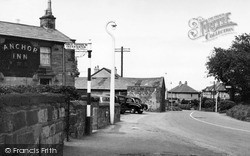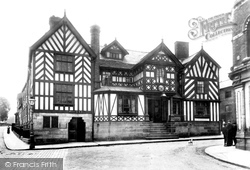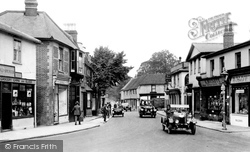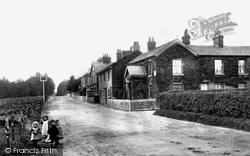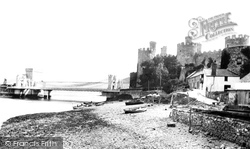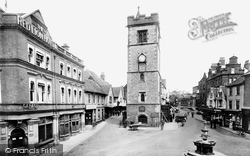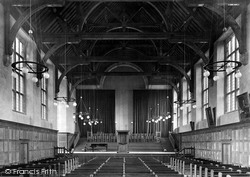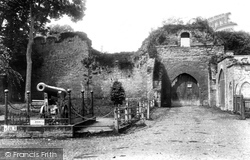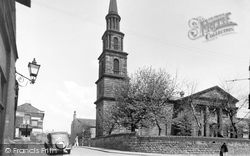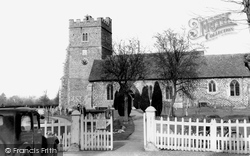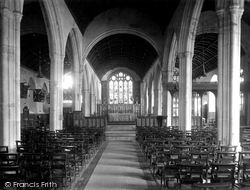Places
Sorry, no places were found that related to your search.
Photos
Sorry, no photos were found that related to your search.
Maps
1 maps found.
Books
Sorry, no books were found that related to your search.
Memories
830 memories found. Showing results 71 to 80.
My Great Grandparents In Kirkoswald
My Great Grandparents, James & Annie Robinson and their daughters Caroline & Jane, moved to Kirkcoswold in early 1900's. Annie died in childbirth soon after. James remarried Mary Hetherington and had a ...Read more
A memory of Kirkoswald in 1958 by
First 17 Years Of My Life From Birth [1943]
I was brought up in Eltham and lived at no 30 High St where my Mother & Father had a bicycle & sports shop.Everyday I would go across the road to the swimming baths, and at that time there was the ...Read more
A memory of Eltham by
193940 School Days
I remember the Town Hall at Cowbridge. In those days there was no one way system around it like today. The school boy interest was the Merryweather Fire Engine that was kept in a garage at the side of the Town Hall. Great fun to ...Read more
A memory of Cowbridge in 1940 by
Dacre Avenue
My friend Dionne Page lived here, Number 10 if I remember right, well the house on the corner......had just left school, Aveley Comp, as it was then called. Dionne's dad use to call us "THE BLACK FOOT TRIBE". That summer we used to hang ...Read more
A memory of Aveley in 1981 by
Married Quarters Inkerman Road
My dad was a military policeman stationed at Inkerman Barracks and we lived at No. 1 MSQ Inkerman Road. It was great fun there, the woods over the road, next to the Victoria Cafe (all now gone). To the side of No. 1 was ...Read more
A memory of Knaphill in 1959 by
Palace How Lane End
I was brought up at Palace How and the gentleman with the moustache is my late father, Leslie Leo Cunningham. We had the village Post Office and my late mother, Mary Anne Cunningham, was the Postmistress - I have a show display ...Read more
A memory of Loweswater by
The Real Winters Of The 1940s
I recall, with the occasional shudder, the freezing cold winters of the 1940s. I spent Saturday evenings earning a couple of shillings (that's 10p to you youngsters!!) working from 4.30pm to 6.00pm selling newspapers ...Read more
A memory of Motspur Park in 1948 by
Paddock Wood Huts
Not sure how long I went with my grandparents, then when they passed away my parents, but I was born in 1941 and I know we were still going there until we migrated to Australia in 1961. We 'lived' in the first hut on the right ...Read more
A memory of Paddock Wood
My Great Grandfather
This is a photo of Henry Kitchen, my mother's grandfather, who was also one of Stanhope Forbes' favourite models. He was painted sitting in the rowing boat in Forbes' painting 'The Lighthouse', which now hangs in Manchester Art ...Read more
A memory of Newlyn in 1900 by
Burns Pit Disaster
From his seat, by the fire, my grandad could see the great mound of the spoil heap of Stanley Burns Pit. It was the site of a horrific explosion, on 16th February 1909, in which 168 men and boys lost their lives. He would ...Read more
A memory of Stanley in 1900 by
Captions
231 captions found. Showing results 169 to 192.
The High Street starts to curve its way around the church, and motorists were no doubt aided by the solid white line in the middle of the road.
Coronation Gardens commemorate the crowning of Queen Elizabeth II. The flower beds are a riot of colour in high summer; they lie alongside the stream that runs through the main street.
Near the college is Hango Hill, the scene in 1663 of the execution of the Manx patriot William Christian (Illian Dohne) for his role in the rebellion of 1651.
To the right of County Hall is the Bell Hotel, a Regency building which was recast in 1919 with the addition of a dormered roof storey.
In the background are the romantic ruins of the Augustinian priory, and to the right are the tumbling waters of the River Wharfe.
Houghton is a hamlet with a long stone bridge across the tidal River Arun.
We are looking westwards to the snout of Goggin's Barrow (right), Black Head (centre), and Redcliff Point (left) above Weymouth Bay.
Lying peacefully on the banks of the Ure, the land was given to the monks by Conan, son of Alan the Red, who built Richmond Castle.
The higgledy-piggledy row of pubs, shops and dwellings has hardly changed over the years.
As much as any other, this view illustrates the timelessness of North Devon.
Here we see Warboys church, with the 17th-century Dutch-influenced manor house next door.
A minor 14th-century castle, Naworth stands on a triangular piece of land by the river Irthling with deep ditch defences on three sides and a moat and drawbridge on the fourth.
The Anchor Inn (left) is a solid sandstone building, and its contents have refreshed the inhabitants of Irby for over 100 years.
Later photographs from the 1950s show no change to the building apart from the addition of a hanging sign at the front, and the replacement of the gas lamp-post with an electric, concrete one.
In the background are the romantic ruins of the Augustinian priory, and to the right are the tumbling waters of the River Wharfe.
This view, showing the centre of Ewell village, was taken looking north towards the Horse Pond and Spring Corner, and includes several splendid examples of the motor vehicles of the period.
Four small children watch the photographer with interest as he immortalises this stretch of Wharf Road.
There are mussel beds at the mouth of the river, while freshwater oysters found upstream have been famous for their pearls. Telford's 1826 bridge measures 327 ft long.
A rare surviving example of an English belfry, the Clock Tower, built in 1411, stands at the centre of the city with the narrow mediaeval street of French Row on its left and the wider Market Place on
The fine and spacious interior was poor acoustically although in 1941 over 800 people crammed into the hall for the entire London Philharmonic Orchestra conducted by Sir Malcolm Sargent.
Perched on its cliff overlooking the rivers Teme and Corve, Ludlow was built in a strategic location on the Welsh borders.
The spire of St Peter's Church can be seen from all parts of Horbury.
The east window stained glass is from about 1840.
A similar view to the one above, but this follows work carried out to the chancel by Sir Charles Nicholson in 1932. Note also the new screen on the right for the Lady Chapel.
Places (0)
Photos (0)
Memories (830)
Books (0)
Maps (1)

